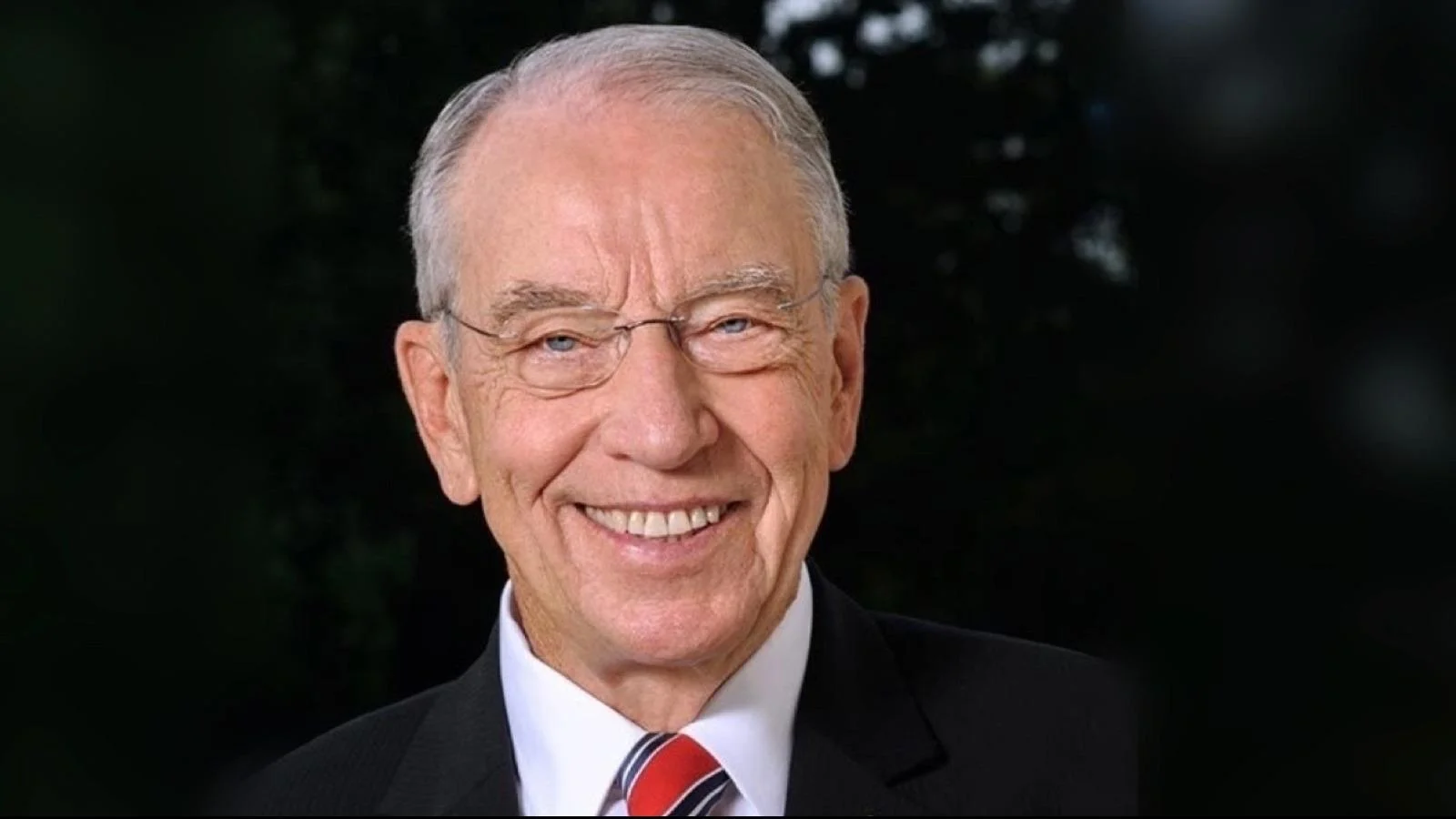Senator Chuck Grassley | Official U.S. Senate headshot
Senator Chuck Grassley | Official U.S. Senate headshot
Senate Judiciary Committee Chairman Chuck Grassley (R-Iowa), along with Sen. Catherine Cortez Masto (D-Nev.) and Representatives August Pfluger (R-Texas) and Jimmy Panetta (D-Calif.), have called for swift congressional action on the Combating Illicit Xylazine Act. In a recent op-ed published in The Hill, the lawmakers highlighted the growing threat posed by xylazine, a veterinary sedative increasingly found mixed with illicit fentanyl.
According to the op-ed, "The Combating Illicit Xylazine Act is a commonsense solution that will help keep deadly xylazine off the streets, without threatening the livelihood of farmers and ranchers nationwide. We urge our colleagues in Congress to join us in support of this legislation and work swiftly to pass it into law," wrote Grassley, Cortez Masto, Pfluger, and Panetta.
The authors describe how synthetic fentanyl and additives like xylazine are fueling a new phase of the opioid epidemic. They note that while licit xylazine has been approved by the Food and Drug Administration for veterinary use since 1972, its misuse as a cutting agent in illicit drugs poses serious health risks including depressed breathing, unconsciousness, severe tissue damage, and death.
The Drug Enforcement Administration has already seized mixtures of xylazine and fentanyl in nearly every state. Efforts are underway at the federal level to schedule xylazine as a controlled substance. However, lawmakers warn that restricting access without protections for legitimate veterinary use could disrupt animal care and domestic production.
Grassley and his co-authors emphasized their bipartisan work with stakeholders such as the American Veterinary Medical Association to ensure any new regulation balances public health concerns with continued access for veterinarians. Their proposed bill would classify xylazine as a Schedule III drug under the Controlled Substances Act while including provisions to preserve its legal use in animal care.
They further point out that more than half of U.S. states have taken steps to regulate or restrict xylazine independently. Passage of their federal legislation would create uniform standards across states.
In closing, they reiterate: "The Combating Illicit Xylazine Act is a commonsense solution that will help keep deadly xylazine off the streets, without threatening the livelihood of farmers and ranchers nationwide. We urge our colleagues in Congress to join us in support of this legislation and work swiftly to pass it into law."





 Alerts Sign-up
Alerts Sign-up